Introduction
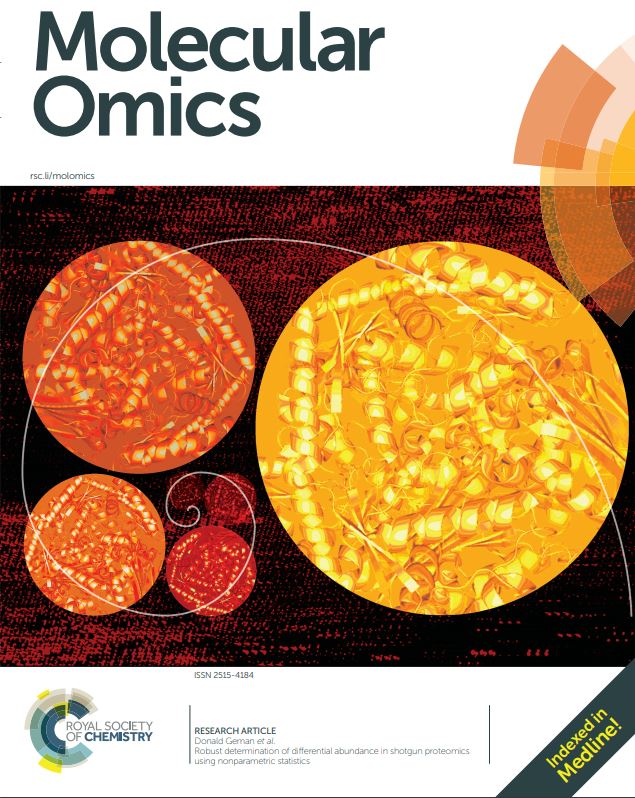
Molecular Omics publishes high-quality research in the - omics sciences. We welcome scientific research based on application of any - omics technology, and particularly encourage multi-omics approaches to solve important chemical or biological problems, combining different types of - omics platforms including genomics, transcripomics, proteomics, metabolomics and other specialised areas such as glycomics and lipidomics.
Read our article highlights
To give you a feel for the kind of work we currently publish, our Editorial Board has selected some articles that demonstrate the scope of the content in Molecular Omics.
We hope you enjoy reading them.
![]() Developments in toxicogenomics: understanding and predicting compound-induced toxicity from gene expression data
Developments in toxicogenomics: understanding and predicting compound-induced toxicity from gene expression data
Benjamin Alexander-Dann, Lavinia Lorena Pruteanu, Erin Oerton, Nitin Sharma, Ioana Berindan-Neagoe, Dezső Módos and Andreas Bender
Mol. Omics, 2018, 14, 218-236
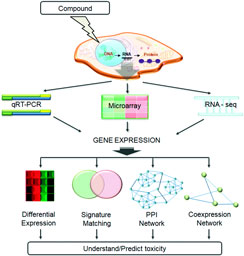
![]() Single-platform ‘multi-omic’ profiling: unified mass spectrometry and computational workflows forintegrative proteomics–metabolomics analysis
Single-platform ‘multi-omic’ profiling: unified mass spectrometry and computational workflows forintegrative proteomics–metabolomics analysis
Benjamin C. Blum, Fatemeh Mousavi and Andrew Emili
Mol. Omics, 2018, 14, 307-319
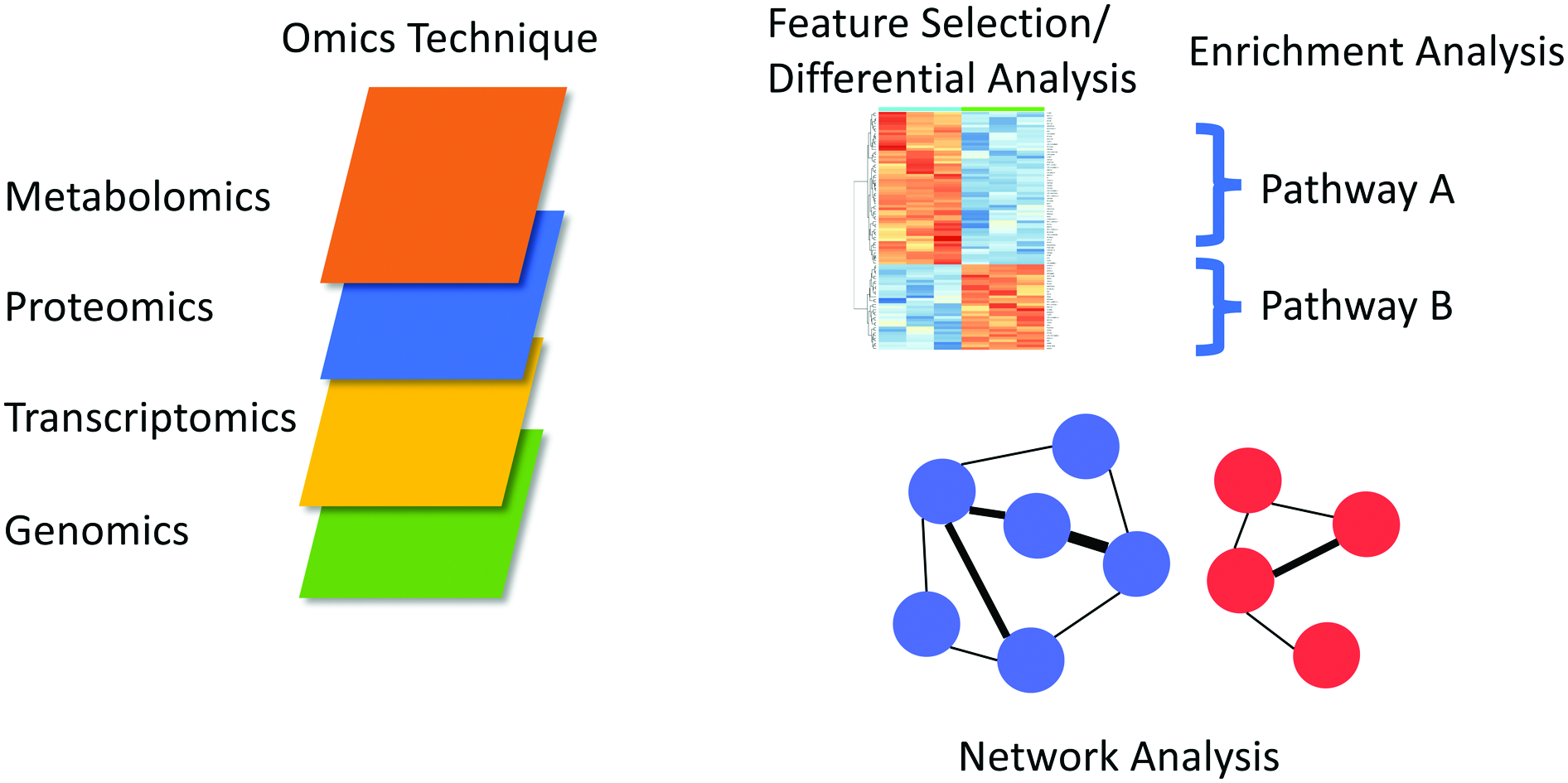
![]() Surpassing 10 000 identified and quantified proteins in a single run by optimizing current LC-MS instrumentation and data analysis strategy
Surpassing 10 000 identified and quantified proteins in a single run by optimizing current LC-MS instrumentation and data analysis strategy
Jan Muntel, Tejas Gandhi, Lynn Verbeke, Oliver M. Bernhardt, Tobias Treiber, Roland Bruderer and Lukas Reiter
Mol. Omics, 2019, 15, 348-360
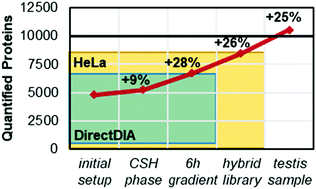
![]() Systems analysis of the genetic interaction network of yeast molecular chaperones
Systems analysis of the genetic interaction network of yeast molecular chaperones
Kamran Rizzolo, Ashwani Kumar, Yoshito Kakihara, Sadhna Phanse, Zoran Minic, Jamie Snider, Igor Stagljar, Sandra Zilles, Mohan Babu and Walid A. Houry
Mol. Omics, 2018, 14, 82-94
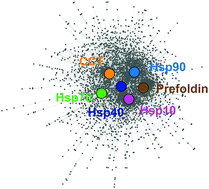
You may need to register for a free account to access the articles below. In under a minute you can gain access to any of our free content from our full journals collection.
Data integration and predictive modeling methods for multi-omics datasets
Minseung Kim and Ilias Tagkopoulos
Mol. Omics, 2018, 14, 8-25
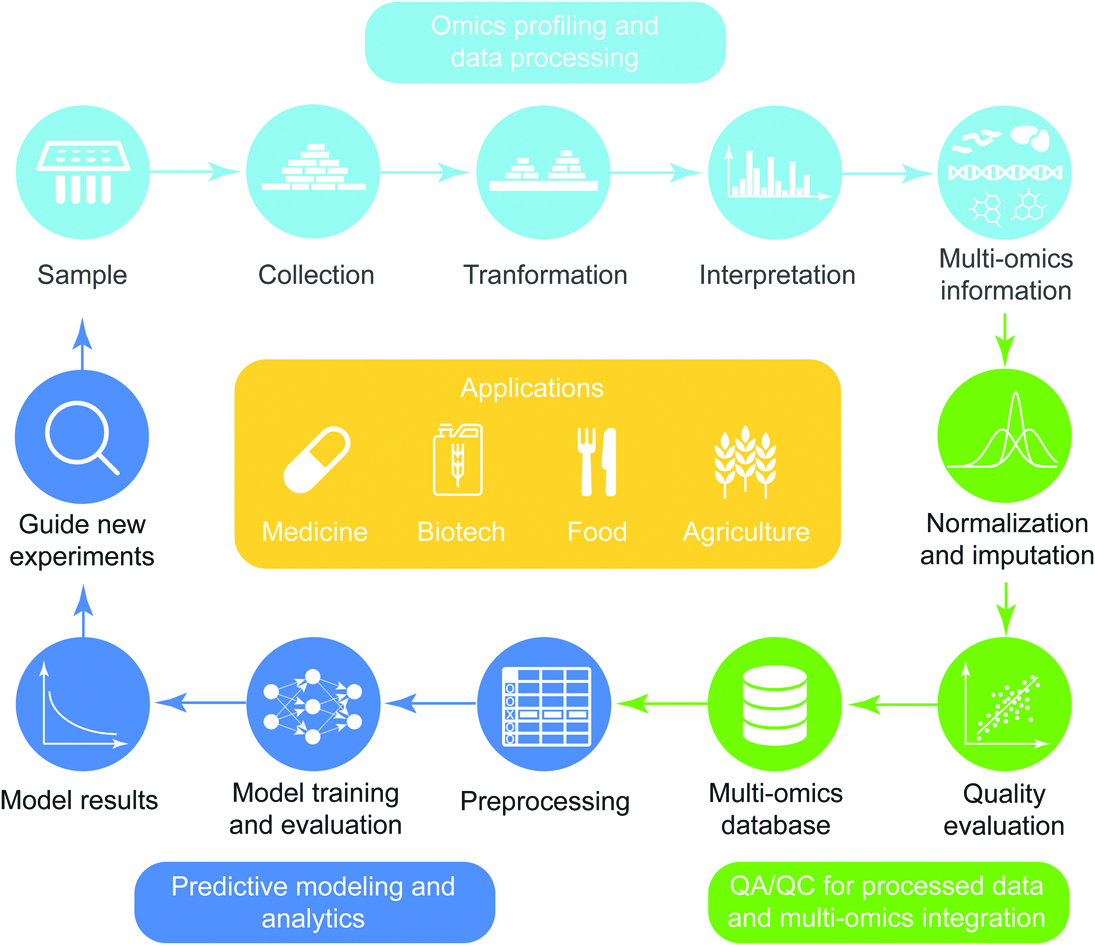
Robust determination of differential abundance in shotgun proteomics using nonparametric statistics
Patrick Slama, Michael R. Hoopmann, Robert L. Moritz and Donald Geman
Mol. Omics, 2018, 14, 424-436
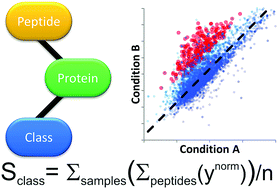
Integrative data fusion for comprehensive assessment of a novel CHEK2 variant using combined genomics, imaging, and functional–structural assessments via protein informatics
Stephanie L. Hines, Ahmed N. Mohammad, Jessica Jackson, Sarah Macklin and Thomas R. Caulfield
Mol. Omics, 2019, 15, 59-66
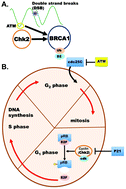
Kinome chemoproteomics characterization of pyrrolo[3,4-c]pyrazoles as potent and selective inhibitors of glycogen synthase kinase 3
Martin Golkowski, Gayani K. Perera, Venkata Narayana Vidadala, Kayode K. Ojo, Wesley C. Van Voorhis, Dustin J. Maly and Shao-En Ong
Mol. Omics, 2018, 14, 26-36
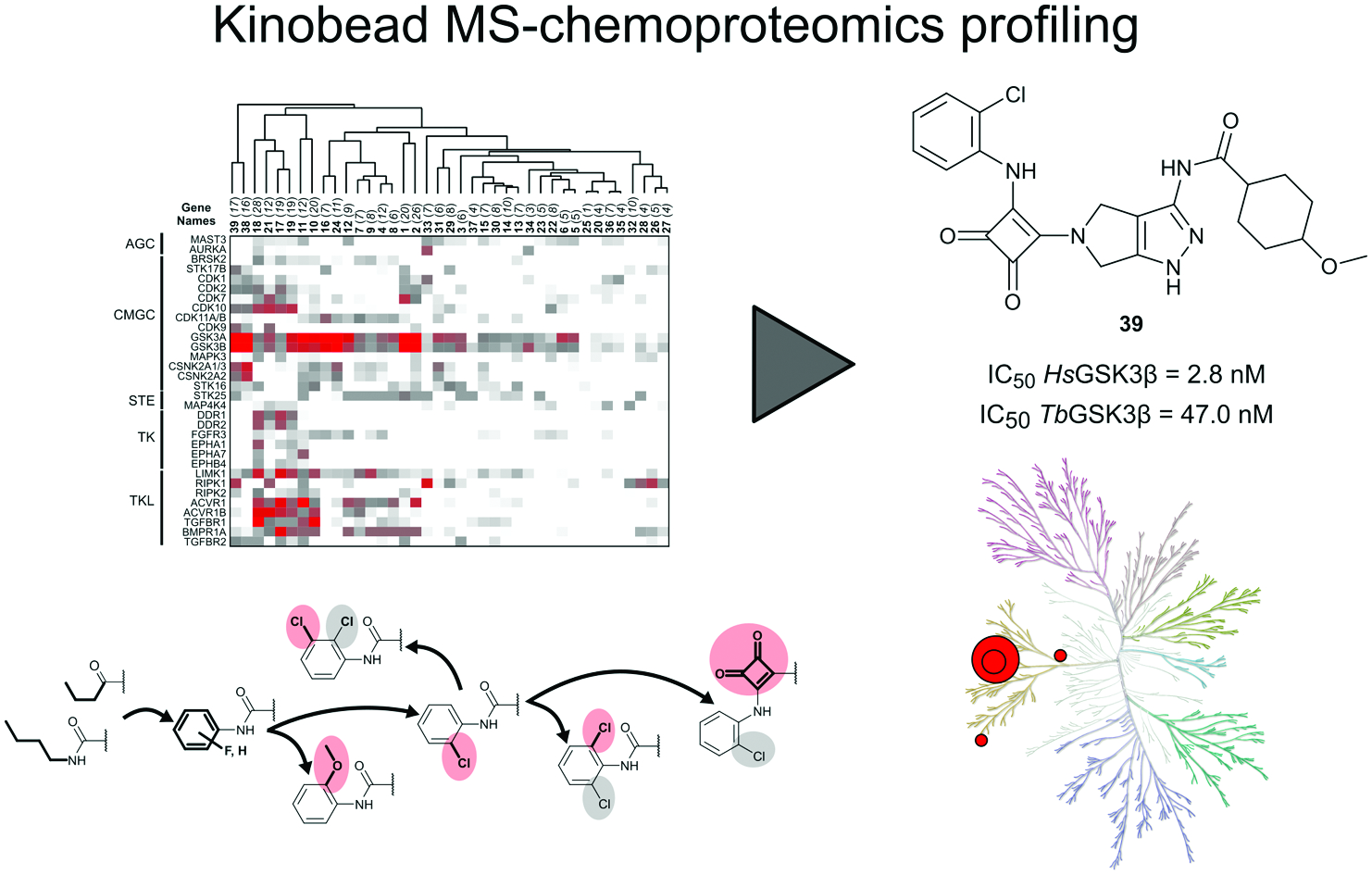
Lipidomics reveals insights on the biological effects of copper oxide nanoparticles in a human colon carcinoma cell line
N. G. Chavez Soria, D. S. Aga and G. E. Atilla-Gokcumen
Mol. Omics, 2019, 15, 30-38

The benefits of publishing with Molecular Omics
Molecular Omics is one of the Royal Society of Chemistry’s 44 world-leading journals publishing the best science in the global scientific community. When you choose to entrust your work to such a well-established society publisher, you reap the benefits of a reputation strengthened over two centuries.
Perhaps the most rewarding benefit of publishing with a Royal Society of Chemistry journal is that we are a non-profit organisation. That means we re-invest all surplus back into the global scientific community – so you can feel good about raising your profile and supporting international scientific progress at the same time.
Other benefits include:
- Our rigorous peer review process ensures transparency, fairness and balance.
- We don’t charge submission, page or colour charges – and we offer free electronic reprints of your papers.
- We believe the copyright of your own work should always belong to you.
- We offer Open Access publishing options to improve the visibility of that work and help you meet funder mandates.
- If your manuscript has previously been posted as a pre-print you can still submit it to us.
More about the journal
Publish with us
If you’d like to see your work published alongside other articles of high importance, submit your research to Molecular Omics now.
